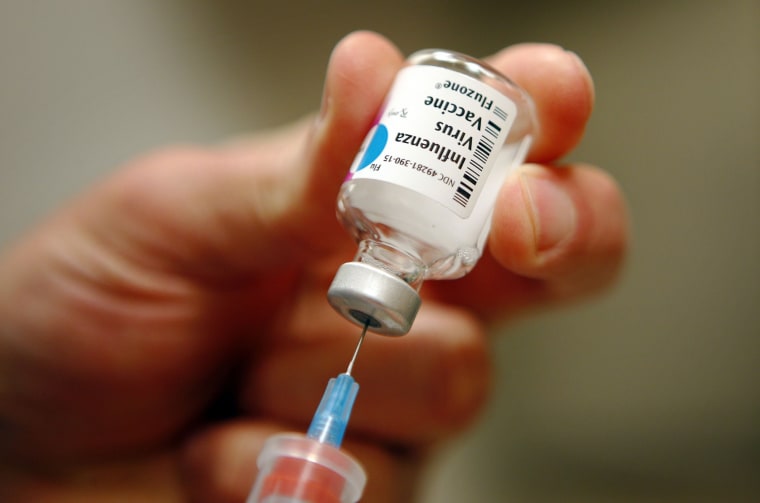Immunization records might be considered a key element of enrolling in school, but that requirement is less uniform than you might think. Twenty states allow for exemptions to immunization requirement on religious or philosophical grounds, including California, ground zero in the current measles outbreak.
Nearly every state allows for a religious immunization exception, as you can see on this map, but the states that allow that broader exemption run from Maine through the Midwest to the West Coast.
It’s an odd mix of states, politically speaking, with no big common thread holding them together – from the right side of spectrum (Texas, Arkansas, Oklahoma) to the left (California, Oregon, Washington). So those looking to blame right- or left-leaning legislatures for the return of the measles might find it hard to make their cases.
Furthermore, many of the laws regarding exemptions are not directly tied to the anti-immunization movement of the last few years. They have roots that go back for decades.
Still, look closely at the numbers at you’ll notice a few interesting correlations. For instance, the Centers for Disease Control reports that 14 states have reported cases of measles in 2015. Of those 14 states, 10 allow for the broader religious and philosophical exemption – Arizona, California, Colorado, Minnesota, Michigan, Oregon, Pennsylvania South Dakota, Texas, Utah and Washington.
That doesn’t mean that those broader exemptions are responsible for 102 reported cases of measles in the United States so far in 2015. The CDC says that 92% of them have been linked to the one lone outbreak in California.
But the spread outside of California and into those other states with broader exemptions shows how the disease can spread quickly across the country. And 2014, in which the CDC recorded 644 cases of measles, had the highest tally of any year since 2000, when the disease was considered to be “eliminated.”
The numbers also explain how and why vaccination suddenly became a political issue this week. They have taken an issue that has largely been theoretical, “should the government mandate vaccinations,” and placed it in a real context with real issues at stake.
Already this week New Jersey Gov. Chris Christie and Kentucky Sen. Rand Paul, both potential candidates for the 2016 Republican presidential nomination weighed in on vaccinations, saying parents should have a certain amount of leeway in determining whether or not their kids are immunized.
Dr. Ben Carson, another 2016 Republican potential took the opposite position and saying that “we should not allow those diseases to return by foregoing safe immunization programs, for philosophical, religious or other reasons when we have the means to eradicate them.”
It could be that the great vaccination battle of 2015 will quickly be a memory, but the different exemption rules around the United States could become fodder for another round of debate and discussion on the topic.
